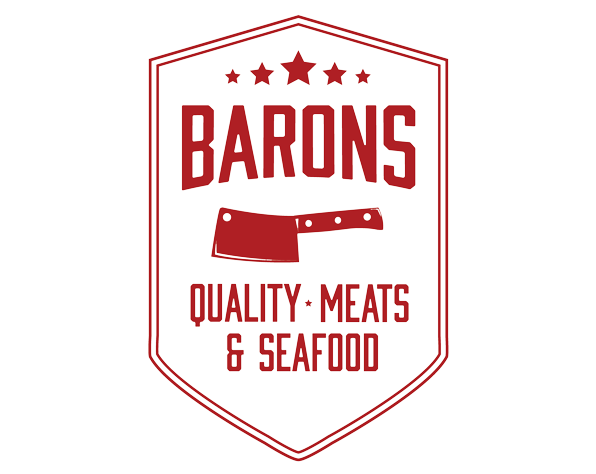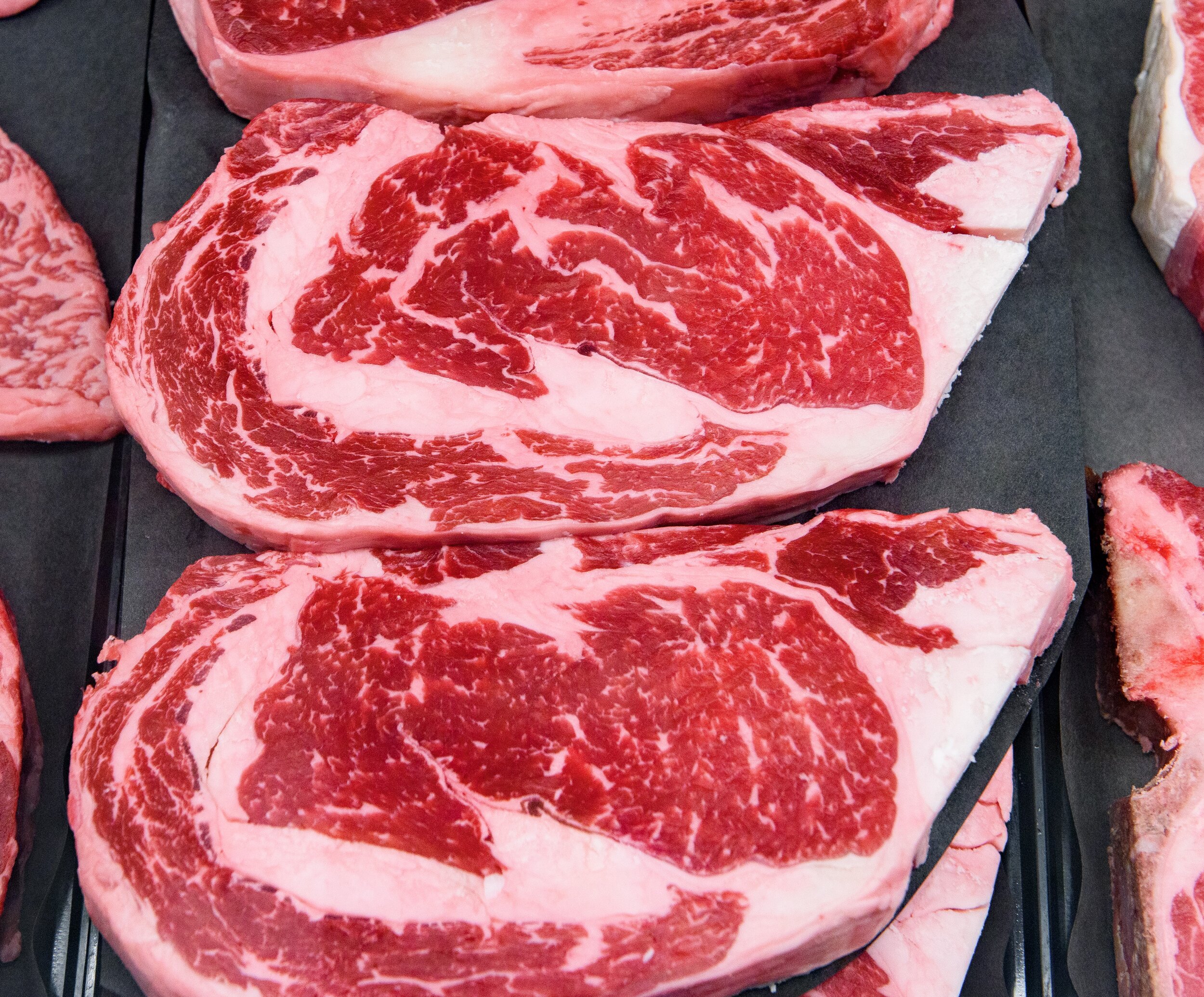Black Angus is a tiny scam
Published to the newsletter April 13, 2020
Hello,
One thing we really don't carry is “certified black Angus beef.” Ever wonder why that is?
Angus is the name of a specific breed of beef cattle. These are relatively small, well-muscled cattle that are naturally polled (hornless) and either solid black or solid red colored. The Angus breed started in Scotland, and the first of these cows came to the USA in the late 1870s.
A particularly chonky (and well groomed) Angus bull
American consumers didn’t really care about the “Angus” breed name until the early 2000s, when fast food companies began marketing Angus beef as superior.
It should be noted that these many of these companies didn’t actually use pure Angus beef in their products-- the farmers they were sourcing from could sell cows that were 51% Angus as “Certified Angus."
When this became popular, some companies went a step farther and began selling “Black Angus beef.” Again, Angus are naturally either black or red, and before 1917 both colors were allowed in Angus breed records. After 1917 the American Angus Association banned red animals from the registry to promote the development of a black breed. So really, the majority of American Angus cows are already black, and the ones that aren't black are red, and both options are still in line with the original breed standard.
But color has no effect on the meat’s quality or the animal’s health. According to the Janouseks, the Niman cattle ranchers we talked to, some of these “black Angus” beef companies were accepting any black colored cow as “black Angus.” Black cattle still cost more at auctions today because of this marketing term.
The Janouseks feeding their herd of mixed Angus/Hereford/Limousin cattle
Angus cattle can produce more marbled beef, but so can many other kinds of cows. Cattle ranchers will carefully choose their breeding animals based on the animal’s health and meat quality, and ranchers will usually do better when they’re given more cattle options to choose from.
We've found that the animal's feed and quality of life has a much bigger impact on meat quality than the breed does. So because black Angus is mostly a marketing term, we don’t carry beef solely based on that label.
Many of our suppliers happen to use Angus cattle, or Angus crossbred cattle, but how animals are treated and how the meat tastes is more important to us than the herd genetics.
If you have any questions about your beef, you can always ask your Baron’s butcher what their recommendation is.
Best,
AJ with Baron’s



